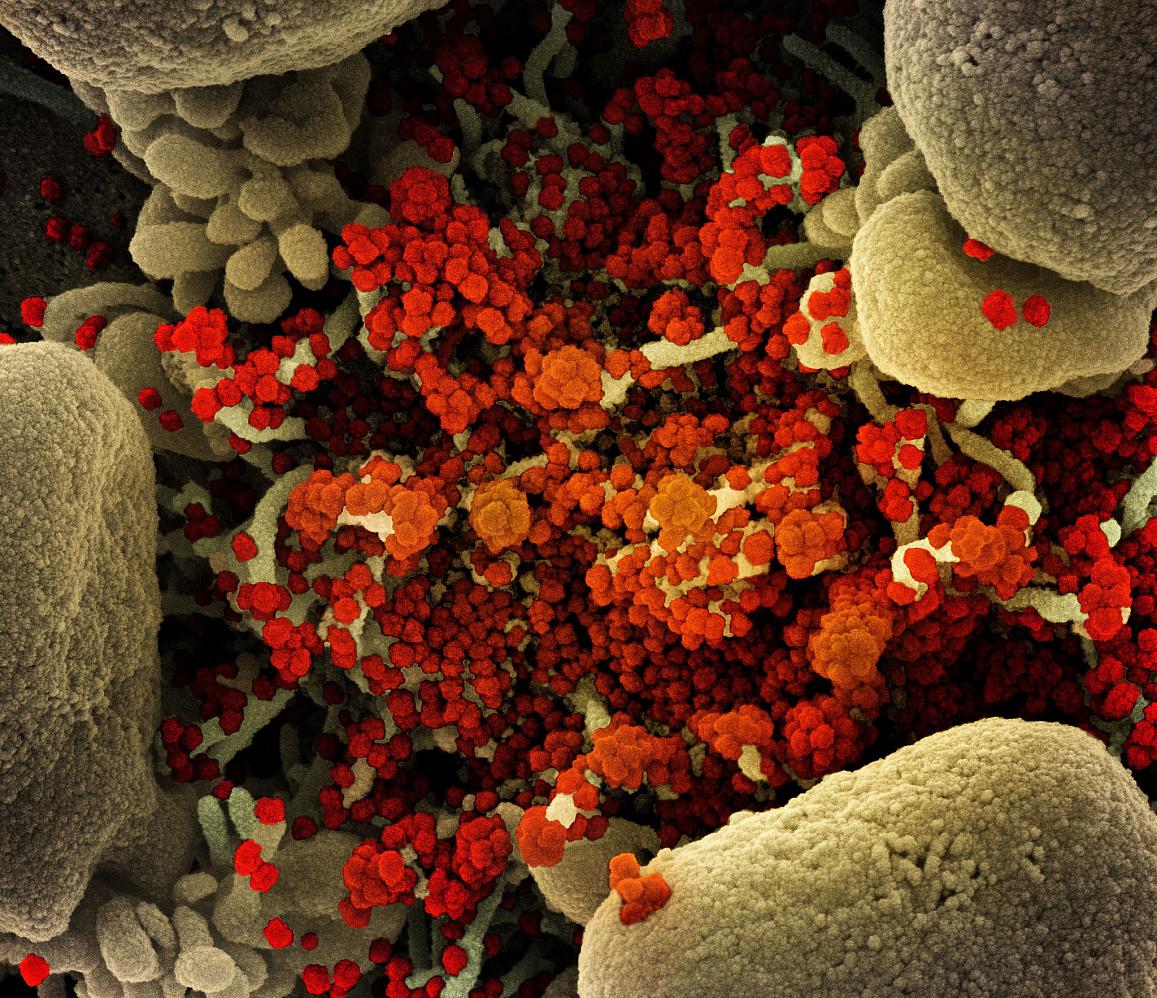
The efforts of an interdisciplinary research team funded by the National Institutes of Health’s Rapid Acceleration of Diagnostics (RADx) Tech program have yielded a quick, cost-effective new means of detecting and identifying known variants and subvariants of SARS-CoV-2.
The results of the team’s study was published in the Journal of Clinical Microbiology. Efforts were based on genotyping as a means of SARS-CoV-2 – the virus that causes COVID-19 – variant classification. It is a fairly low-cost yet high-volume lab technique that clinical laboratories widely use for the minimal hardware and software required.
It focuses on genetic markers and limits the sequencing process to about 45 or less relevant alterations that distinguish the different variants circulating at any time. By contrast, sequencing would normally require poring over a 30,000 base-pair genome. A polymerase chain reaction (PCR) technique made this possible, allowing the team to identify known variants in one to two days at a fraction of the cost of next-generation sequencing.
“The work of the task force offers a method that can be widely adopted and improve data gathering and reporting,” Dr. Bruce Tromberg, National Institute of Biomedical Imaging and Bioengineering (NBIB) Director, said. “As variants of SARS-CoV-2 continue to emerge, it is critical to know where they are spreading and how rapidly, so countermeasures can be implemented. With this method, we can develop new assays and get them into labs about two weeks after identifying a new variant.”
Part of the Variant Task Force (VTF) at RADx Tech, the team expressed hope that the approach could complement current surveillance methods reliant on comprehensive next-generation sequencing of virus samples, helping to focus them on unknown and emerging variant samples. This could prove especially important as, the team noted, only about 5 percent of positive test samples in the United States are even sequenced, largely due to the cost, despite the fact that reported cases of COVID-19 worldwide have topped 400 million.
“The genotyping platform is commonly available in thousands of clinical and research labs in the country,” Eric Lai, team leader with the RADx Tech VTF. “Potentially, if this testing approach is further developed and authorized for clinical use, a hospital lab could order the reagent, validate the assays and perform genotyping on a single sample within a couple of hours to learn whether a person has COVID-19 and with which variant they are infected.”




